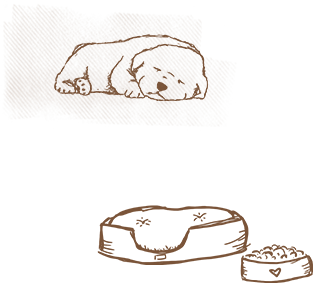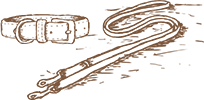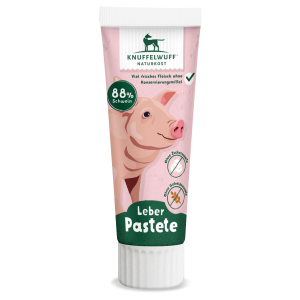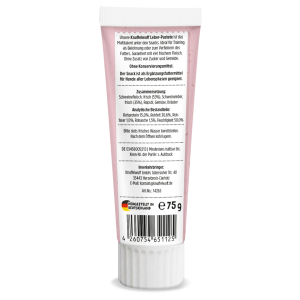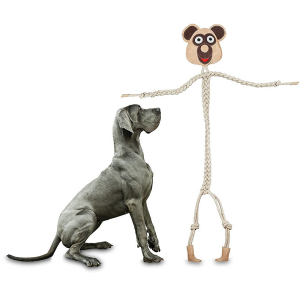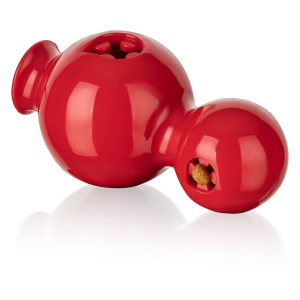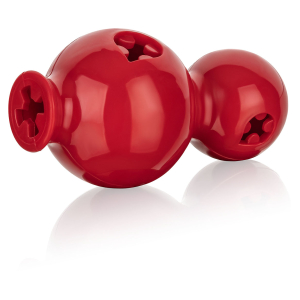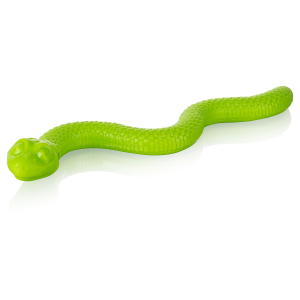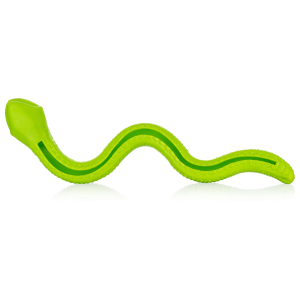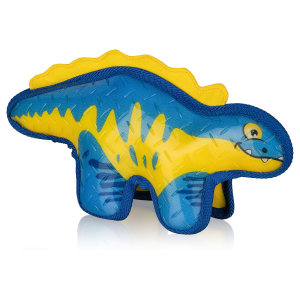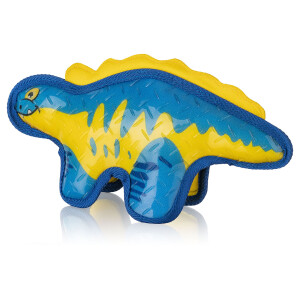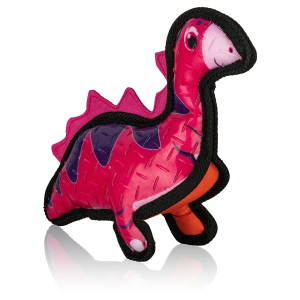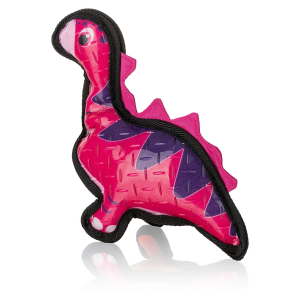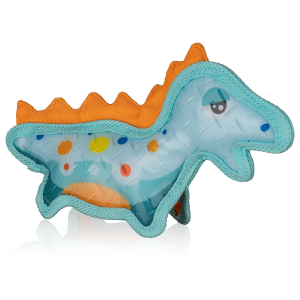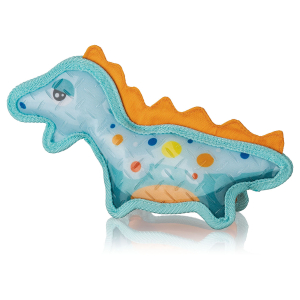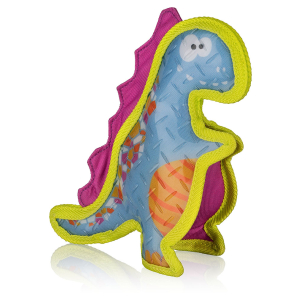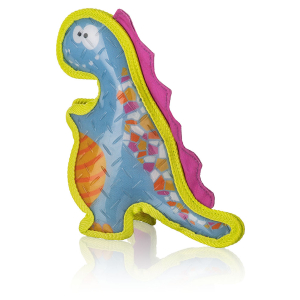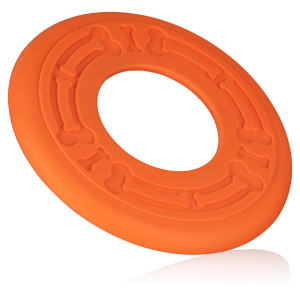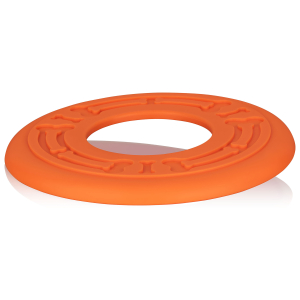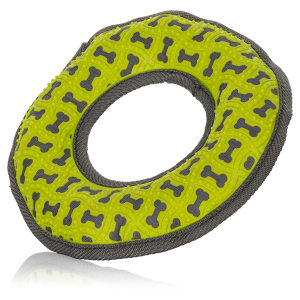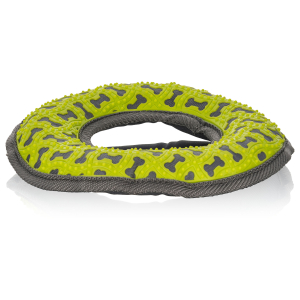Your checklist for
a good start!
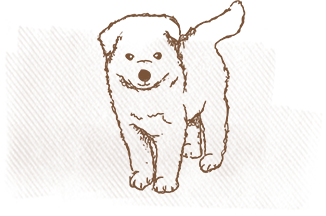
Everything you need for
your dog directly from us
Arrival of your tiny furry friend
When your little buddy first arrives at their new home, it's best to let them explore a bit. Show them where they can eat, drink and sleep, but don't overwhelm them; give them time to relax. Some puppies get pretty excited in their new surrounding after their exhausting journey – if that happens, just let the little one run around. They’ll soon tire themselves out and fall asleep.
What challenges will
we have to tackle?
The journey home.
Your puppy may wet themselves or get diarrhoea during the journey because of all the excitement. Some pups also get carsick. Be prepared for these things and have a towel or similar covering with you. Your little rascal also needs water. It's best to take plenty of breaks on the way home so that they can relax and be distracted in between.
Home at last.
Give your puppy time to get used to their new surroundings. Call your puppy by name, but initially only to praise them. Shouting at them will leave them confused. Show your little pup around on short walks each day. But don’t overwhelm them. It’s totally okay if they wet themselves or break something in these early days. Patience and understanding are the way forward.
Weitere Fragen
Still have puppy-related questions?
You're welcome to get in touch with us.
Email:contact@knuffelwuff.co.uk

